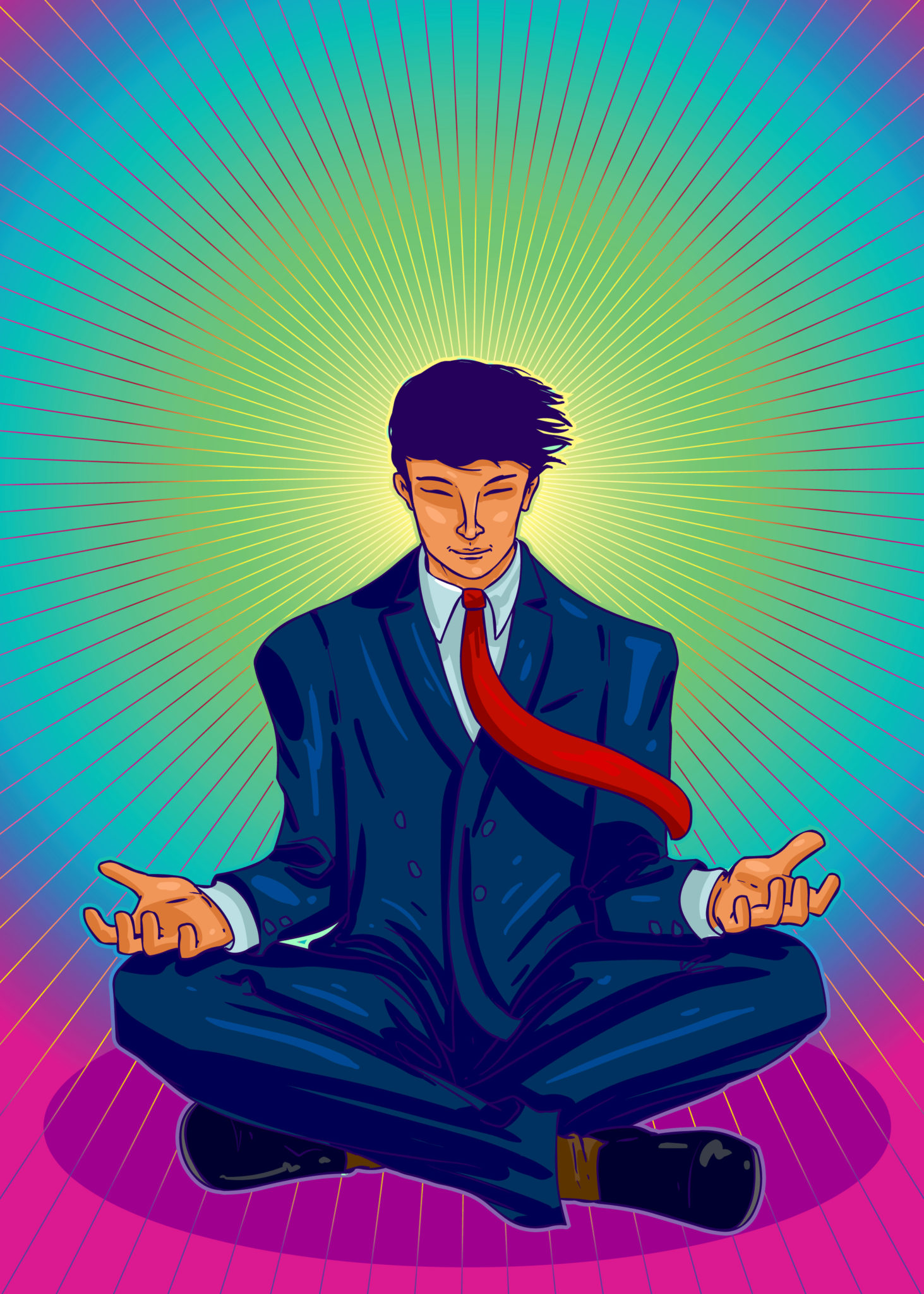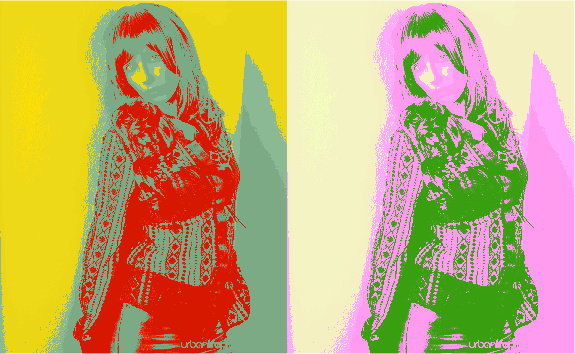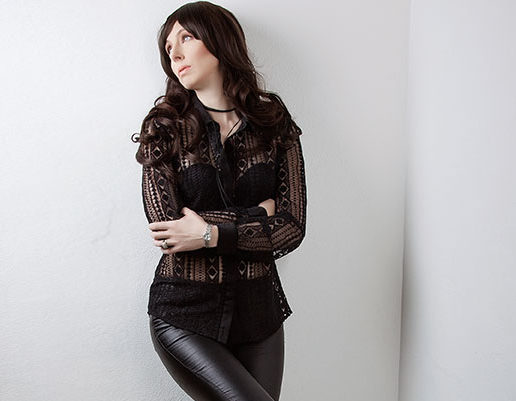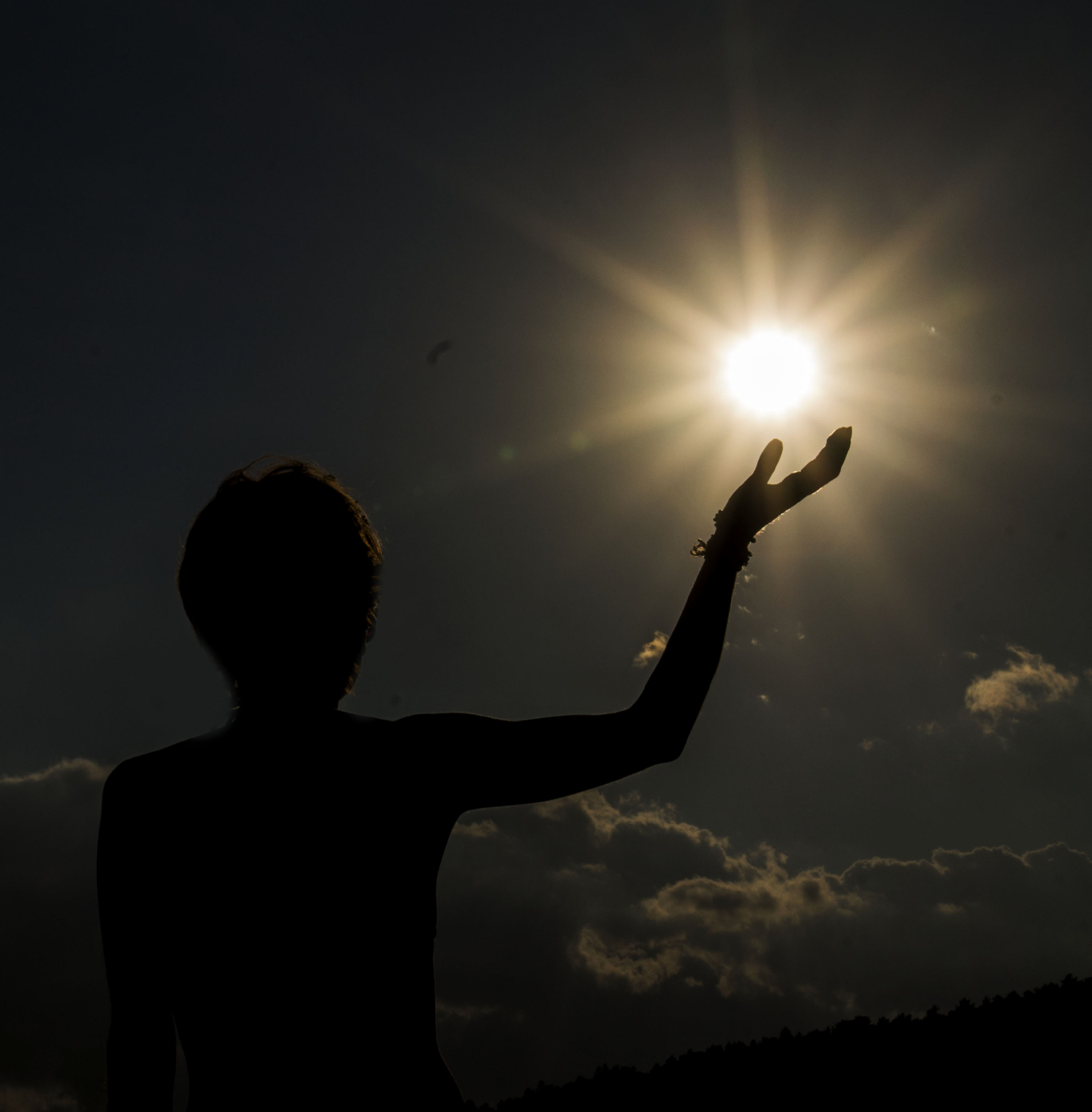Mindfulness is the awareness that emerges through paying attention on purpose, in the present moment, and non-judgmentally, to things as they are.
Jon Kabat-Zinn
Mindfulness develops your emotional intelligence, which helps you to take charge of your life and deal directly with your thinking, emotions and actions.
Mindfulness is not something you have to get or acquire. It is not religious or mystical. It is already within you – a deep, internal resource available and patiently waiting to be employed by you for increasing your happiness and wellbeing. More than this, mindfulness is a key to deepest freedom.
In his book ‘Practicing the Power of Now” Eckhart Tolle characterises, that is actually gives a character to, unhelpful thoughts and feelings that habitually happen in us. He calls the personal accumulation of pain in us, comprising thoughts, stories and feelings, “the pain-body”.
It’s a useful perspective, in that it encourages us to de-identify from unhelpful thoughts and feelings by seeing them almost as an entity, a ‘pain-body’, which is distinct from our core self.
Tolle suggests that by becoming more conscious of the pain-body – all the stories, thoughts, and feelings it comprises, through being mindfully present, we can see how the pain-body takes over and influences our lives. I find this way of seeing our pain as quite useful in that it separates it out from our true nature, facilitating a distinct de-fusion from unhelpful states of mind.
Tolle writes:
“The pain-body doesn’t want you to observe it directly and see it for what it is. The minute you observe the pain-body….the identification is broken. A higher dimension of consciousness has come in. I call it ‘Presence’. You are now the witness or the watcher of the pain-body. This means that it cannot use you anymore by pretending to be you, and it can no longer replenish itself through you. You have found your own innermost strength. ”
By becoming more aware of the contents of our thoughts and our feelings, moment by moment, we can identify with the part of ourselves that is a non-judgemental observer. When we know that we are more than just our thoughts and feelings because we can watch them, we realise that our thoughts and feelings do not define us as we may have previously assumed. We feel our pain, but we do not have to consistently identify with our pain and fuse with it, believing that it is at the core of who we are.
This is a big ‘why’ of mindfulness: The freedom to feel emotions around life’s joys and challenges as they happen and not be stuck in one mood such as depression, anxiety, panic or powerlessness.
This is the beginning of true personal freedom. This is why mindfulness is an essential life skill for all of us.





